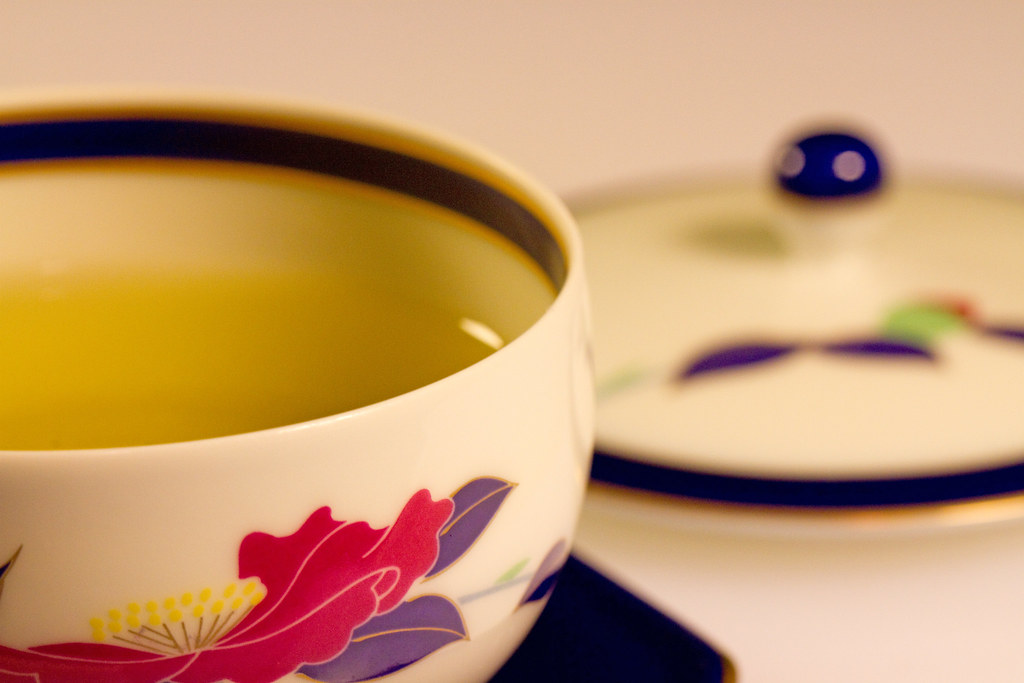
Green tea has long been known for its medicinal benefits and now researchers have found that it also contains an extract which can inhibit mechanisms that promote tumour cell growth in breast cancer. Researchers from the Columbia University Medical Center in New York found that the extract Polyphenon E, appears to inhibit vascular endothelial growth factor and hepatocyte growth factor, both of which promote tumour cell growth, migration and invasion. The researchers conducted a placebo-controlled study of Polyphenon E in a group of 40 women with hormone receptor-negative breast cancer. “Many preclinical studies have looked at epigallocatechin-3-gallate, or EGCG, which is one of the main components of green tea, and the various possible mechanisms of its action against cancer, but it is very difficult to do those same kinds of studies in humans,” researcher Katherine D Crew, said. “This study was too small to say for sure if green tea will prevent breast cancer, but it may move us forward in terms of understanding anti-tumour mechanisms,” Crew said. In the primary analysis last year, 40 women were randomly assigned to 400 mg, 600 mg or 800 mg of Polyphenon E or to placebo twice daily for six months. During that time, researchers collected blood and urine samples from participants at baseline and at two, four and six months. In this secondary analysis, Crew and colleagues used the blood and urine samples to examine biologic endpoints, such as inflammatory proteins, growth factors and lipid biomarkers, which might point to the mechanism of action behind green tea extract. Biomarker data were available for 34 of the 40 patients. Women assigned to the extract had an average 10-fold increase in green tea metabolites compared with placebo. In addition, they had a significant reduction in hepatocyte growth factor levels at two months compared with women assigned to placebo. However, at the four-month and six-month follow-ups, the difference was no longer statistically significant. The researchers also identified a trend toward decreased total serum cholesterol and decreased vascular endothelial growth factor in women assigned to the extract. According to Crew, it is still too early to recommend green tea extract to prevent breast cancer. The study was presented at the 11th Annual AACR International Conference on Frontiers in Cancer Prevention Research in California. Source: Indian Express, Image :flickr.com
